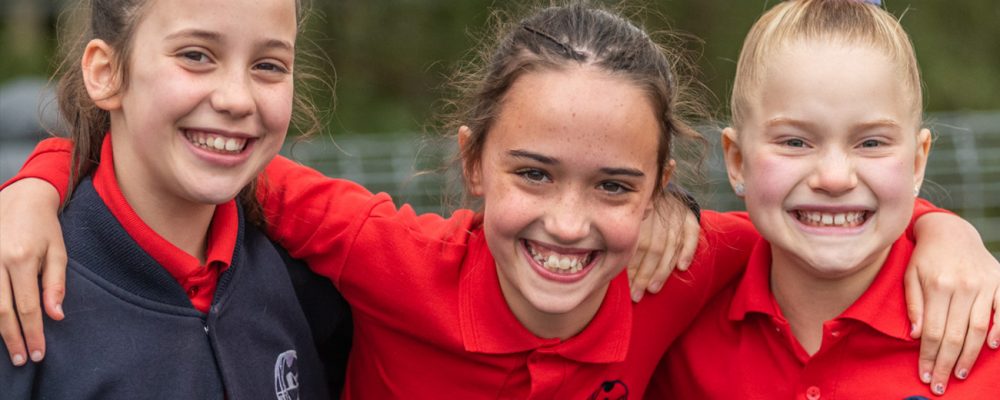

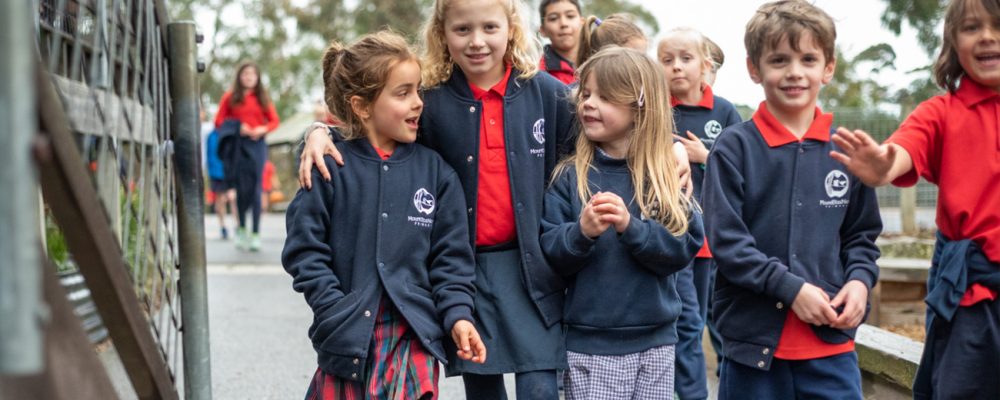
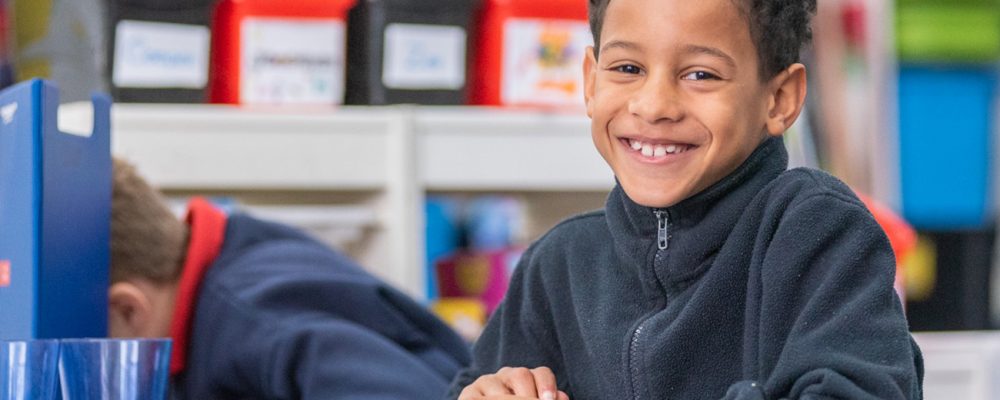
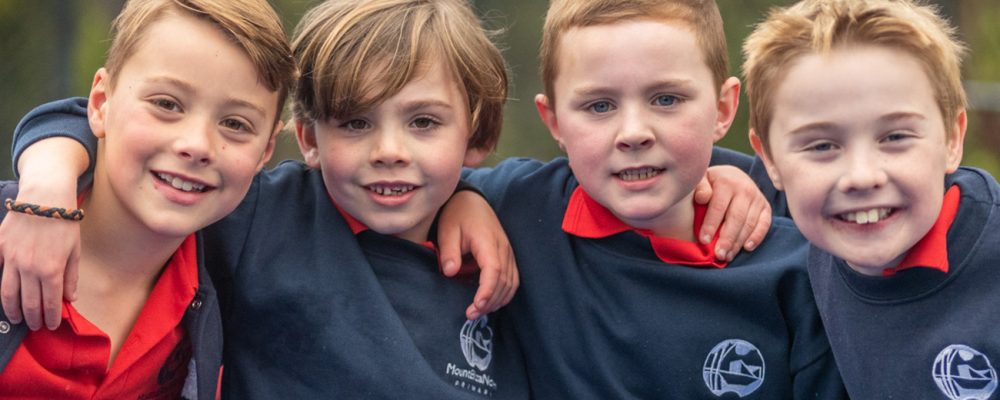
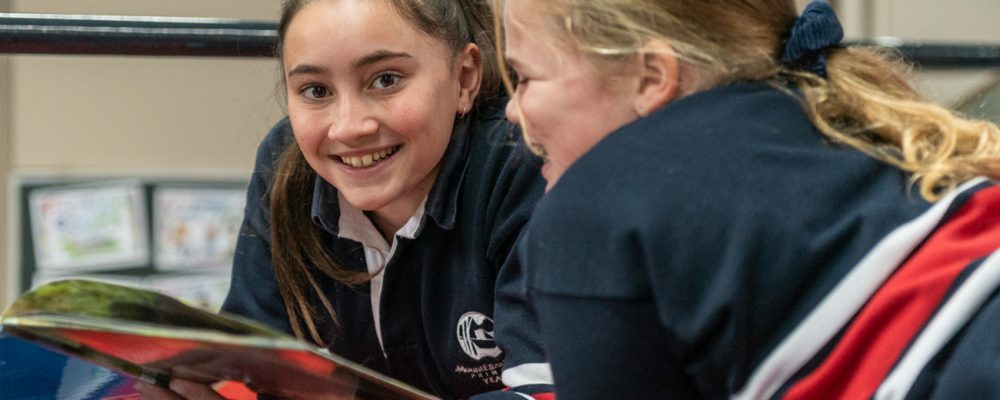
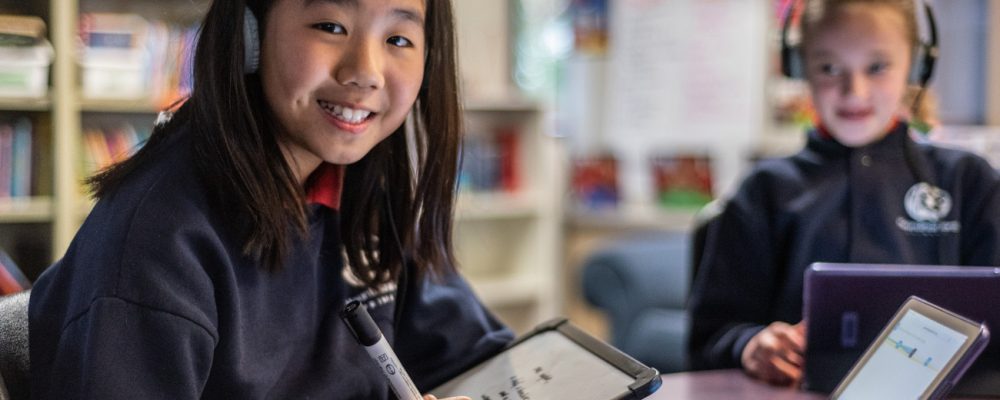
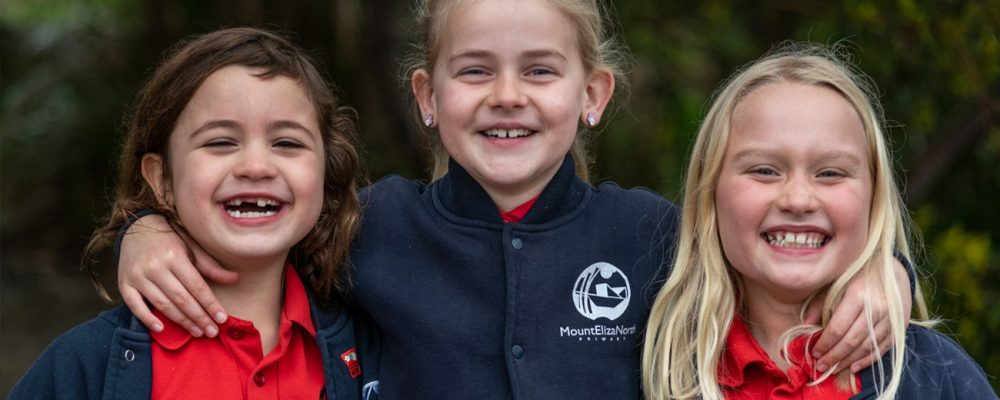
Wellbeing
Student Health and Wellbeing at Mount Eliza North Primary School
Mount Eliza North Primary School is committed to providing a safe, secure and stimulating learning environment for all students. We understand that students reach their full potential only when they are happy, healthy and safe, and that a positive school culture helps to engage students and support them in their learning. Our school acknowledges that student wellbeing and student learning outcomes are closely linked.
Fundamentally, Mount Eliza North Primary School strives to foster a healthy community that is safe, inclusive and based on positive relationships. A strong Wellbeing process ensures that all students wellbeing and learning concerns are addressed appropriately.
Programs and Resources that support Student Wellbeing at Mount Eliza North Primary School include:
Resilience, Rights and Respectful Relationships
Respectful Relationships supports schools and early childhood settings to promote and model respect, positive attitudes and behaviours. We teach our children how to build healthy relationships, resilience and confidence. Our school is committed to building resilience in all of our students and our students practise GEM (gratitude, empathy and mindfulness). The work completed in the has direct links to the Victorian Curriculum, and supports the development of the IB PYP attributes approaches to learning and skills.

Term 1 | Topic | Term 2 | Topic |
Week 2 – 1st-5th Feb |
Emotional Literacy | Week 1 – 19th – 23rd April | Positive Coping |
Week 3 – 8th – 12th Feb | Week 2 – 26th – 30th April |
Problem Solving | |
Week 4 – 15th-19th Feb | Week 3 – 3rd – 7th May | ||
Week 5 – 22nd – 26th Feb |
Personal Strengths
| Week 4 – 10th – 14th May |
Stress management & Sexuality Education – Senior School |
Week 6 – 1st – 5th Mar | Week 5 – 17th – 21st May | ||
Week 7 – 8th – 12th Mar | NO RRRR | Week 6 – 24th – 28th May | |
Week 8 – 15th-19th | Personal Strengths | Week 7 – 31st May – 4th June |
Help Seeking & Sexuality Education – Middle School |
Week 9 – 22nd – 26th Mar |
Positive Coping
| Week 8– 7th – 11th June | |
Week 10 – 29th Mar – 2nd April | Week 9 – 14th – 18th June |
Term 3 | Topic | Term 4 | Topic |
Week 1 – 12th – 16th July |
Gender and Identity |
Weeks 1-10 |
Readdress topics as required
|
Week 2 – 19th – 23rd July | |||
Week 3 – 26th – 30th July | |||
Week 4 – 2nd – 6th August | NO RRRR | ||
Week 5 – 9th-13th Aug | Gender and Identity | ||
Week 6 – 16th-20th Aug |
Positive Gender Relations | ||
Week 7 – 23rd-27th Aug | |||
Week 8 – 30th Aug – 3rd Sep | |||
Week 9 – 6th 10th Sep |
eSmart School
We educate our students and provide them with management tools to deal with bullying and cyber issues and incidents so that they feel safer and more supported at school. We embrace the benefits of technology while reducing students’ exposure to cyber risks, such as cyber bullying, online sexual predation, sexting, identity theft and fraud. Student and parent sessions are offered to strengthen the connection between school and home.
Buddy Program
The aim of the Buddy Program is to create friendly and caring primary school communities where strong cross-aged peer relationships can be built and maintained. The Buddy Program helps students to develop positive social skills. The Preps, Year Twos and Year Sixes are involved in the Buddy System which…
- eases the transition of younger students
- builds relationships between peers and multi-aged groupings.
- encourage leadership, responsibility and respect in older students.
- enables younger children to feel safe and cared for while older children feel valued and respected.
- fosters a sense of whole school community.
Other initiatives and programs include:
- Circle Time
- Restorative Chats
- Behaviour management strategies
- Horizons Lunchtime Clubs
- Transition Program
- Developmental Play Shed
- Play Leaders
- Program for Students with Disabilities
- Occupational Health and Safety (including First Aid and allergy awareness)
- Sunsmart School
- Out of Hours School Care and Holiday program
- Uniform Code and Policy
- Outside support agencies including Sexuality Education and other Parenting Programs
- Specialist support – Speech Pathology/Psychology/Occupational Therapy

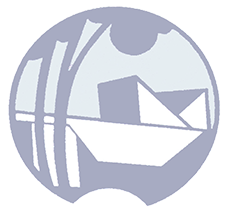 Mount Eliza North Primary School
Mount Eliza North Primary School